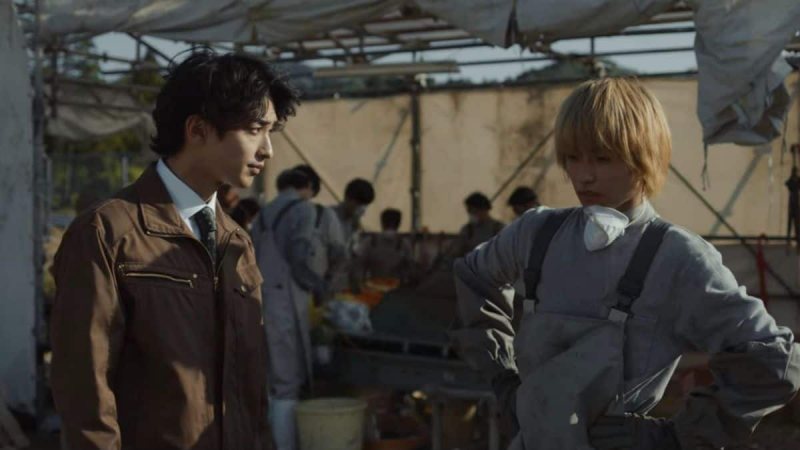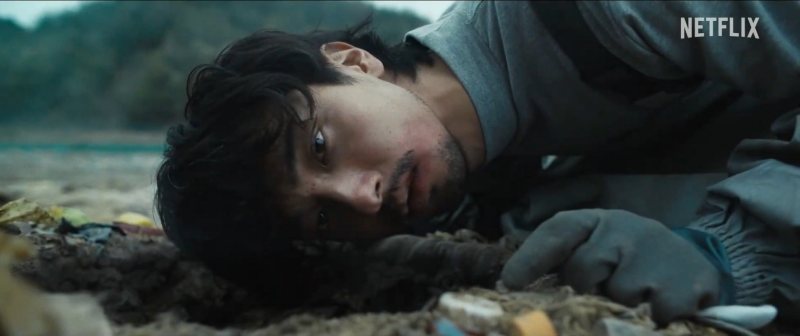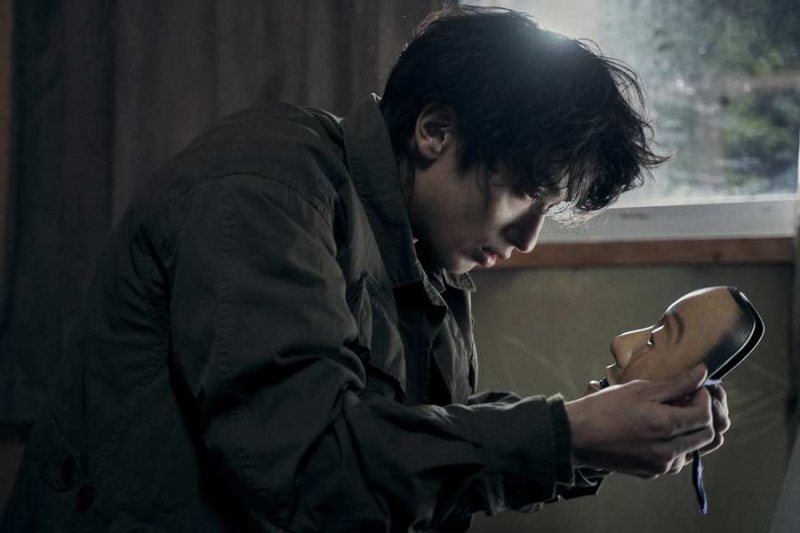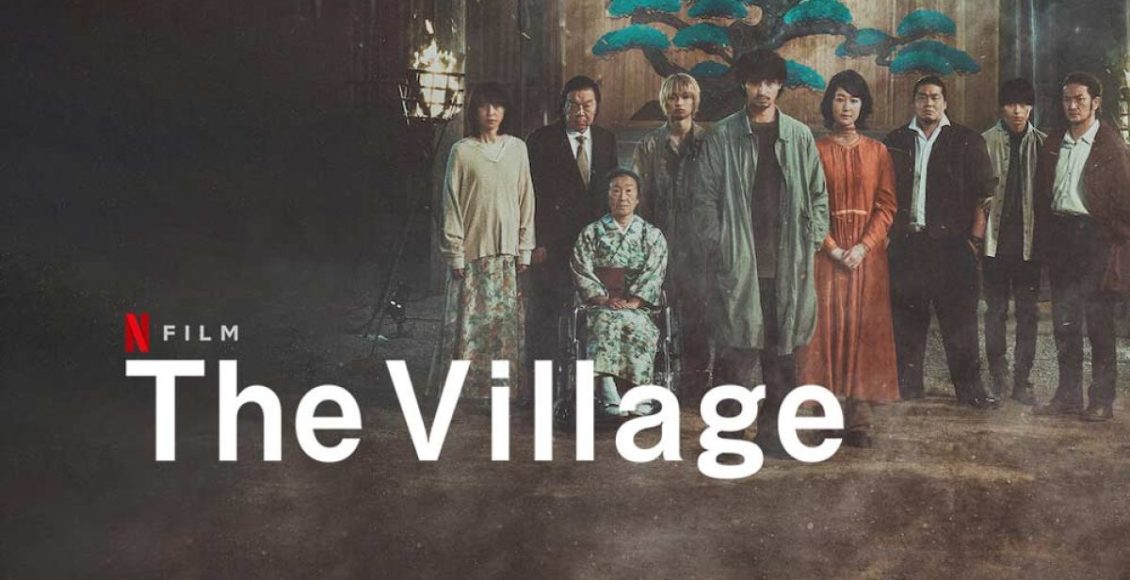[THE VILLAGE 2023 Netflix REVIEW] It’s not a horror genre, but rather a tragic life full of despair.
THE VILLAGE
Summary
Overall, the movie tackles an interesting issue by intertwining the problem of political corruption with the lives of people in a remote rural community, creating a narrative that feels like a true story happening somewhere. However, the storytelling is time-consuming, particularly with unnecessary parts, which makes the story less concise, giving the impression of a suspenseful and mysterious plot when, in reality, it is not. This might lead to disappointment for viewers who are expecting.
Overall
6.5/10User Review
( votes)Pros
- A heartbreaking and hopeless drama about a downtrodden life.
- The issue of political corruption.
Cons
- The storytelling is not concise.
THE VILLAGE Original Japanese Netflix movie.The story of a young man from a poor background living in a village with a waste disposal factory. He has lost hope and believes he can’t have a better life than this until his childhood friend returns to the village. She begins to support him in pursuing a new path in life. However, the secrets from his past are resurfacing, threatening to destroy that dream.

THE VILLAGE Review
This movie may appear to have a mysterious atmosphere of a secluded Japanese village from the outside.but in reality, the story doesn’t have any scary. Instead, it’s the category of a dramatic. The movie revolves around reflecting the image of corruption and power abuse at both local and national levels. It showcases the establishment of a waste disposal factory in a remote, beautiful rural village by deceiving the villagers with promises of job creation and community development. However, the hidden truth behind the factory is that it is actually a dangerous dumping site, which ultimately becomes the destructive the village in the aftermath.

The protagonist of the story, Yu Katayama, is a young man who was born and raised in a financially struggling village. He is also despised by the villagers because of what his father did when he opposed the construction of the waste disposal factory alone. The story showcases the daily life of the lowest-ranking garbage segregator at the plant. He works day in and day out and often gets forced to take on extra side jobs, such as illegally digging dangerous landfill pits, which are overseen by the factory owner and his son. Although he knows it’s wrong, he has to do it to repay his mother’s gambling debts. The narrative reveals that he is a good person trapped with no way out, until the arrival of a childhood friend who sympathizes with him and takes him out of the low point in his life. She offers him a job as a factory tour guide to promote the positive image of the waste disposal facility. Eventually, the factory becomes a successful tourist attraction, transforming not only Yu’s life but also the entire village. Yu becomes someone accepted by the entire community, not just himself.
 However, the movie does not tell a story solely through beautiful visuals. The plot leaps from the lowest point of Yu to the highest point in a blink of an eye through scene transitions, gradually revealing the missing pieces that directly impact Yu, a once good person with no way out on that day, who eventually becomes just like the factory owner. Crimes, violence, corruption, and all the secrets of the past are later exposed. The film turns the hidden garbage beneath the carpet inside out until it is completely gone. This is a story that feels like a true story that can happen anywhere, at any time, as long as the roots originate from political corruption.
However, the movie does not tell a story solely through beautiful visuals. The plot leaps from the lowest point of Yu to the highest point in a blink of an eye through scene transitions, gradually revealing the missing pieces that directly impact Yu, a once good person with no way out on that day, who eventually becomes just like the factory owner. Crimes, violence, corruption, and all the secrets of the past are later exposed. The film turns the hidden garbage beneath the carpet inside out until it is completely gone. This is a story that feels like a true story that can happen anywhere, at any time, as long as the roots originate from political corruption.

One of the boring parts of the movie is the inclusion of the Noh theater storyline. Noh is an ancient traditional Japanese performing art where actors wear masks and perform stylized dances. In the film, this aspect is included to showcase the preservation of the village’s old cultural traditions, which are eventually diminished by the arrival of the garbage disposal factory. The movie has a significant amount of Noh theater scenes, even though they are not necessary, as the main plot of the story focuses more on the corruption behind the establishment of the garbage disposal factory.
Overall, the movie tackles an interesting issue by intertwining the problem of political corruption with the lives of people in a remote rural community, creating a narrative that feels like a true story happening somewhere. However, the storytelling is time-consuming, particularly with unnecessary parts, which makes the story less concise, giving the impression of a suspenseful and mysterious plot when, in reality, it is not. This might lead to disappointment for viewers who are expecting.

